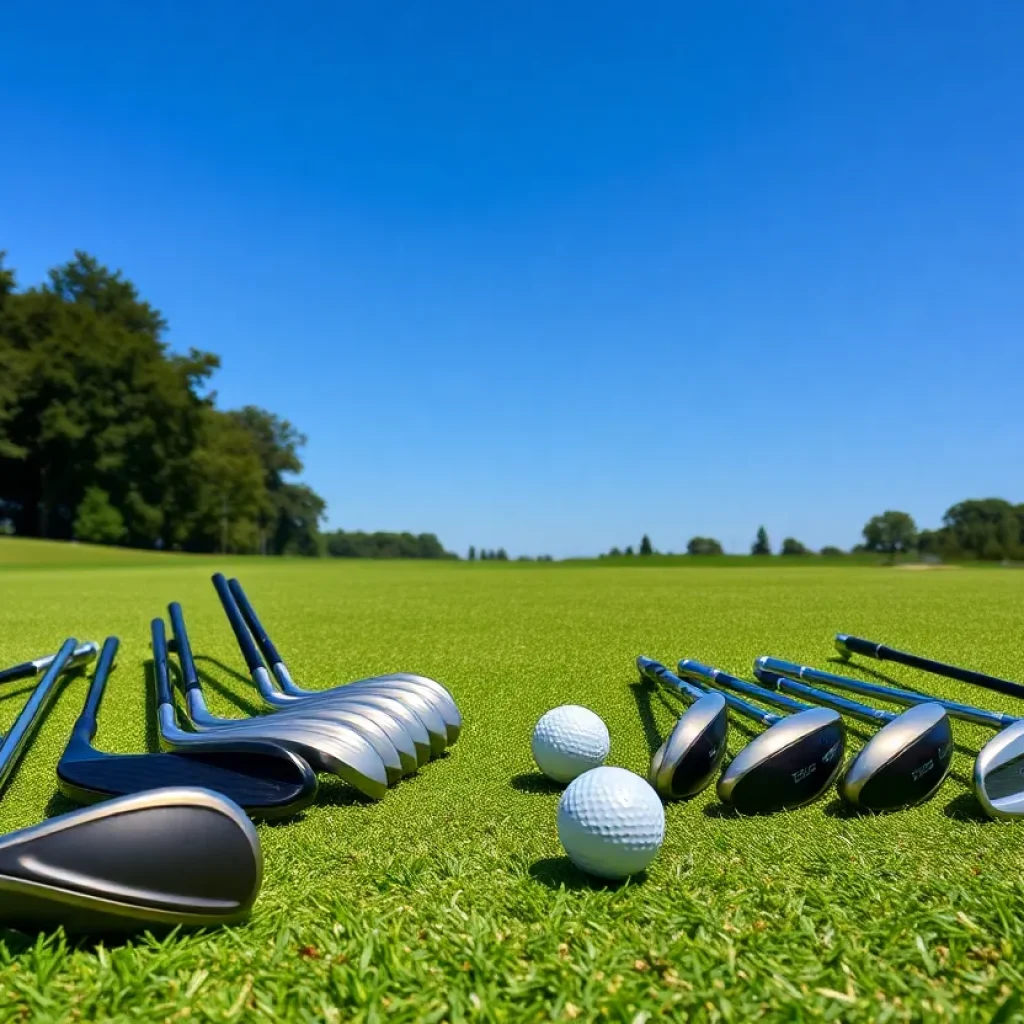Choosing the Right Golf Clubs for Beginners: Your Ultimate Guide
Ever thought about picking up a golf club and hitting the greens? Choosing your first set of golf clubs can be as thrilling as it is daunting. With a flood of options out there, the possibilities can feel endless, not to mention the varying price tags that can throw even the most seasoned shoppers for a loop. But fear not, because we’re here to guide you through the process, ensuring you make the right choice without breaking the bank!
What Do You Really Need?
When it comes to golf clubs, the rules allow a maximum of 14 clubs in your bag. But as a beginner, you don’t need to rush into getting a full set. Start small! A half set can be your best friend while you’re testing the waters and finding your rhythm. At the very least, you’ll need a putter, a driver or maybe a 3-wood, plus a few irons—and be sure to include one wedge in there as well. If you’re feeling confident about sticking with the game, then splurging on a full set can give you all the tools you’ll need right from the start.
Key Features in Beginner Clubs
Golf can be tricky when you’re just starting out, meaning your clubs should be forgiving and easy to hit. This crucial feature will help you get the most enjoyment out of the game. Most clubs are sold individually, except for irons that come as sets. Investing in package sets is an economical option for beginners. These sets typically come fully equipped with a matching golf bag, ensuring you have all you need without the hassle of piecing it together.
Understanding Key Measurements
When selecting clubs, understanding your measurements is vital. Taller golfers might find that longer clubs with a steeper lie angle work best. Conversely, shorter golfers should opt for shorter clubs that fit their flatter swing. A custom fitting can be incredibly beneficial, allowing you to discover which lengths and flex shafts suit your unique style.
Drive Your Game Forward
For new players, the driver is often the most crucial club in the bag. You’ll want one that’s highly forgiving. Many new golfers struggle with accuracy, leading to erratic shots. Look for a driver sporting a loft of at least 10.5°—it’s where most beginners should start. Many drivers on the market offer adjustable loft settings, giving you flexibility as you learn your swing.
Finding the Right Fairway Wood
While not essential, a fairway wood can be a valuable addition between your driver and irons. Many beginners find it easier to use a fairway wood. Look for one that’s easy to launch and has a bit of forgiveness built in. With a fairway wood, you’re looking for speed, power, and, most importantly, forgiveness!
The Hybrid Advantage
When it comes to hybrids, they can be a lifesaver for beginners, often easier to connect with compared to wood or iron clubs. A reliable hybrid should be able to fly high for easy distance and inspire confidence on the course.
Is Wedge Worth the Investment?
Most beginners can stick with the wedges that come in their iron set, but if you’re eager to add some more variety, consider picking up a sand wedge or lob wedge. Look for clubs with larger heads and thicker soles—the kind that will make those tricky sand shots much more manageable.
Putting Your Best Foot Forward
Don’t overlook the putter! While you might not need a specific beginner’s model, trying out various styles is key to finding what feels best in your hands. Many players are now moving toward mallet-style putters because they tend to offer better stability and consistency. Just remember, the type of putter that works best can depend greatly on your stroke style.
Don’t Let Price Tag Scare You!
Let’s talk about the elephant in the room—cost. Golf can be an expensive sport to dive into, but you don’t need a fortune to start playing. For new golfers, there’s no need to purchase every club at the highest price point—especially when you’re still figuring out if this sport is for you! Focus on less expensive gear to learn the basics, and maybe allocate some of that budget for lessons with a coach to fine-tune your skills.
Exploring the Used Market
Buying used clubs is a smart move for beginners. Prices drop significantly, and if you choose wisely, you can even resell them later for a decent price if you decide golf isn’t for you. Just take your time—you don’t want to rush into a purchase only to find out it wasn’t the right fit.
Conclusion: Have Fun and Stay in the Game!
Ultimately, golf is about having fun while enjoying the outdoors. Remember, the right golf clubs will make a world of difference in your enjoyment and skill development. So take your time, do your research, and swing on!





